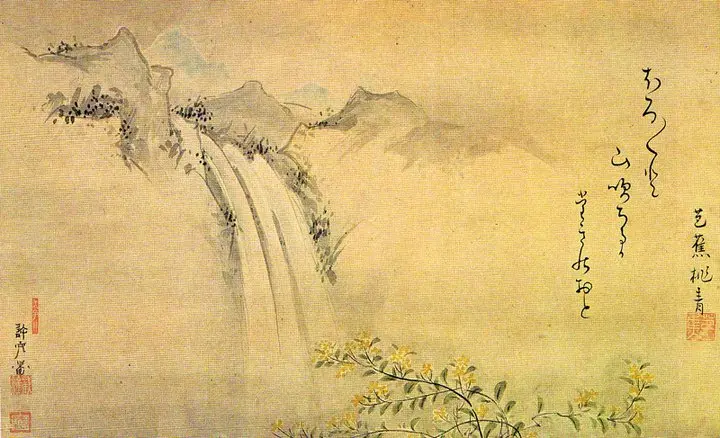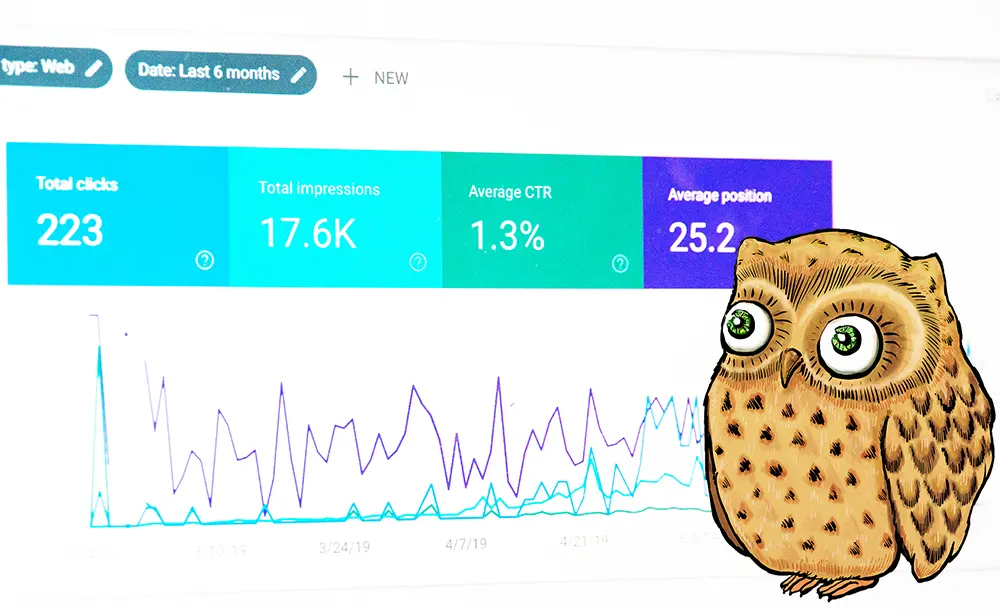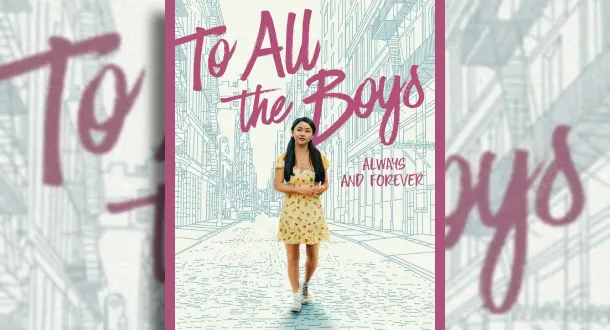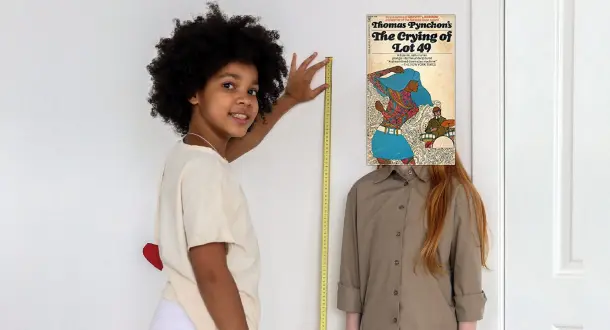Menu
Columns
Showing 3546 Columns
Showing 3546 Columns
March 1st, 2021

I am not a poet, except maybe in the sense that if you ever write something, you can call yourself a writer. So, I have written poems. I’ve even written a few not assigned by teachers in grade school. But I’m not a poet, really. Many of you reading this may not be either. So, why am I pushing the idea that you write haiku?
Read Column →February 25th, 2021

Image via Alex Green Writers are creators. Creators of worlds, stories, and of people. We flesh out characters—that to some, seem like very real individuals—with hopes, motivations, frustrations, and goals. We may even become protective of these imaginary people, especially when they have stories that are yet to be told.
Read Column →February 24th, 2021

Bill Veeck was a baseball team owner who did some crazy shit. He held a game where the fans used cards to vote on the team's strategy throughout the game while the team's manager sat in a rocking chair. He gave away livestock at games, including, one time, a horse.
Read Column →February 18th, 2021

The Great Gatsby has entered public domain, meaning you can take it and do just about whatever you want with it. Nobody can stop you from printing an all-over t-shirt with every word from first to last, “In” to “past.” Nobody can stop you from recording your own jazzy audiobook version. Nobody can stop you from finally making that Gatsby: Revengeanceining first-person shooter. With all this new freedom...what are some of the best and worst things we could do with The Great Gatsby now?
Read Column →February 17th, 2021

Close to two and a half years have passed since the Netflix adaptation of To All the Boys I've Loved Before exploded into everyone's hearts, and the saga has finally drawn to a conclusion with the latest installment, To All the Boys: Always and Forever.
Read Column →February 16th, 2021

Ah, the cold, blustery plains of singledom. An uncomfortable yet inevitable stage of life that has been subject to the musings and contemplations of writers since time immemorial. In the fictional world, there are examples of those that take the single life in their stride — say, Samantha Jones, living her best life in New York City, with a high powered job and great friends. Others, like Bridget Jones, are the epitome of the hapless singleton, sobbing into a tub of Ben & Jerry’s on the couch as all her peers are happily coupled up.
Read Column →February 15th, 2021

Original Image via Gabby K Ah, February. I don’t know about you, but February and I don’t generally get along. It’s when all my good time goals of the New Year have thoroughly been dashed, there’s a greeting card holiday that shall not be named, and it’s usually very cold and very dark. Luckily, it’s a short month.
Read Column →February 12th, 2021

Images via Katie Salerna & Karolina Grabowska I don’t consider myself a romance author by any stretch of the imagination, but I have written a lot of it. As a ghostwriter, I've produced a lot of content, far more than under my own name. The vast majority falls into two broad categories. I’ve written a ton of business/autobiographical/self-help nonfiction.
Read Column →February 10th, 2021

Because it’s government-mandated Love Month (that’s how Valentine’s works, right?), and because my understanding of love is that it’s weird and uncomfortable, and because I do so much complaining, I decided it’s time to say something nice. Below is a list of books that I don’t like for various reasons. And now I’ll do my very best to say something nice about each one of them.
Read Column →February 8th, 2021

Original image via Pixabay Imagine you’re writing a story set in Greenland. How much do you have to tell your readers about that country? It’s a place most English speakers aren’t too familiar with, so there will be some things to explain, but when deciding what to include in such a story that pesky glowing rectangle on the nightstand plays a role.
Read Column →Submitting your manuscript?
Professional editors help your manuscript stand out for the right reasons.
